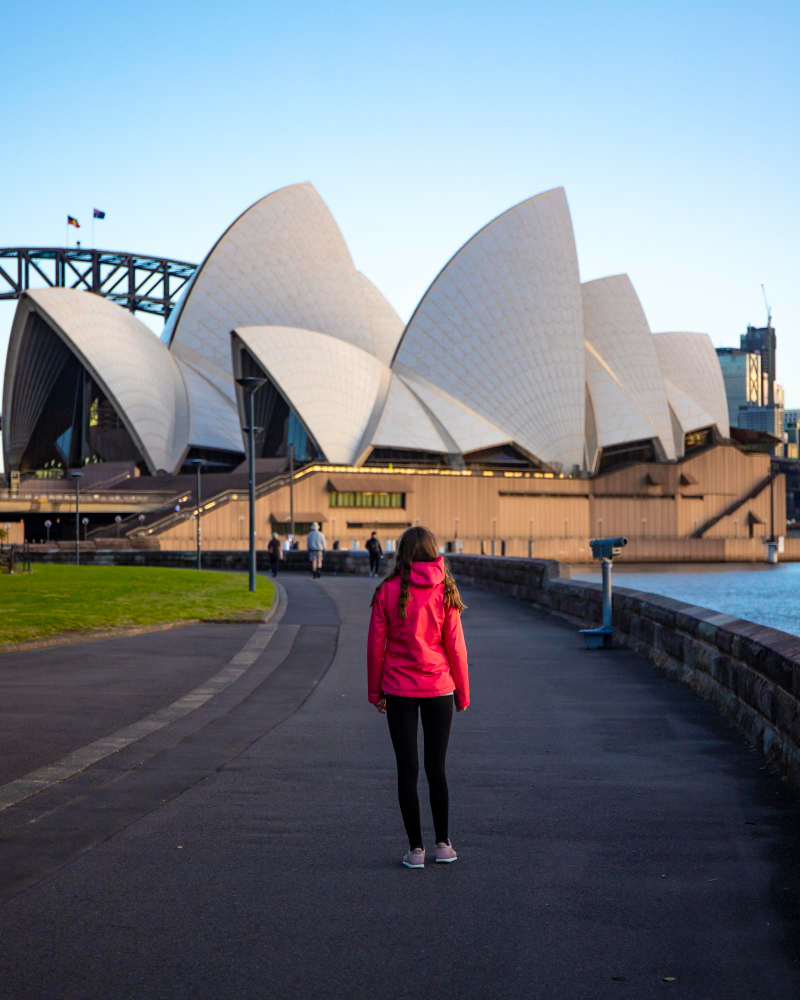Picture this: you’re on a dreamy vacation in a far-flung destination, basking in the sun’s warmth, exploring new cultures, and savoring delectable cuisine. The world feels like your oyster, and adventure is around every corner.

But, amid all the excitement and wanderlust, there’s one crucial aspect that often goes overlooked – travel accident preparedness. While no one wants to think about accidents while on vacation, being prepared for the unexpected is an absolute necessity.
In this blog post, we’ll delve into why travel accident preparedness is a must for any trip, and how a little foresight can make your journeys safer and more enjoyable. Let’s dive in!
Safety First
When embarking on a journey, whether it’s a quick weekend getaway or an extensive international expedition, prioritizing safety is paramount. Travel accident preparedness revolves around the fundamental principle that accidents can occur at any time and anywhere. For instance, by finding the right car accident attorney, you can ensure that you have the legal support you need in case of unexpected mishaps on the road, helping to protect your rights and potentially alleviate the financial burden that can arise from such incidents. This proactive approach not only enhances personal security but also ensures that every travel experience is enjoyable, stress-free, and, most importantly, ends with a safe return home.
Health Emergencies
While travel often promises exciting adventures and new experiences, it’s essential to acknowledge the potential for health emergencies along the way. Whether it’s an unexpected illness, food poisoning, or an accident, being prepared for health-related issues during your journey is vital. This readiness encompasses having access to necessary medications, understanding the local healthcare system, and carrying a basic first-aid kit.
Moreover, staying informed about health advisories and ensuring your travel insurance covers medical emergencies can make all the difference. By prioritizing health preparedness, travelers can swiftly address health issues and continue their explorations with peace of mind.
Natural Disasters
Traveling exposes individuals to a wide range of environmental factors, including the unpredictable force of natural disasters. From hurricanes and earthquakes to floods and wildfires, these events can disrupt even the most carefully planned journeys.
Being prepared for such occurrences involves researching the potential natural hazards in your destination, staying informed about local weather alerts, and having an emergency evacuation plan in place. Carrying essential supplies like non-perishable food, water, and communication tools can be a lifesaver during such crises. Travelers who prioritize natural disaster preparedness are not only safer but also more capable of adapting to changing circumstances and safeguarding their well-being.
Transportation Mishaps
Travel often involves navigating a complex web of transportation systems, including flights, trains, buses, and road trips. Unfortunately, unexpected transportation mishaps can disrupt your travel plans, from flight cancellations and delays to road accidents and train breakdowns. To mitigate the stress and inconveniences associated with these incidents, travelers must have contingency plans in place.
This includes understanding your rights and options in case of disruptions, having access to emergency contacts, and carrying essential documents like travel insurance and identification. A well-prepared traveler not only faces these challenges with resilience but also ensures that the journey remains on track, even in the face of unexpected transportation hiccups.
Cultural and Legal Differences
Traveling often involves exploring diverse cultures and foreign lands, which can be both enriching and challenging. Cultural and legal variations may catch travelers off guard, potentially leading to misunderstandings or legal troubles. To navigate these differences successfully, being prepared is essential. This preparation includes researching and respecting local customs, understanding the local laws and regulations, and having a plan for handling potential cultural clashes or legal issues.
By acknowledging and appreciating these differences, travelers can avoid unintentional breaches, foster positive interactions with locals, and ensure that their exploration remains respectful and within the bounds of the law.
Personal Security
Ensuring personal security during travel is a top priority. New environments can expose travelers to various security risks, including theft, scams, and even more serious threats. Preparedness in this regard involves adopting preventive measures, such as safeguarding belongings, using secure accommodations, and staying alert to potential dangers.
Familiarizing oneself with local safety guidelines, emergency numbers, and having a communication plan can enhance personal security. By being proactive in this aspect of travel, individuals not only protect themselves and their possessions but also gain the confidence needed to explore new destinations without undue worry, ultimately making the journey more enjoyable and worry-free.
Travel accident preparedness is a non-negotiable element of any journey. By prioritizing safety, anticipating health emergencies, considering natural disasters, planning for transportation mishaps, respecting cultural and legal differences, and ensuring personal security, travelers can navigate the unpredictable terrain of exploration with confidence. It’s not about expecting the worst, but rather about being well-equipped to handle the unexpected. With these proactive measures in place, you can savor your travels to the fullest, knowing that you are ready to overcome whatever challenges may arise.

